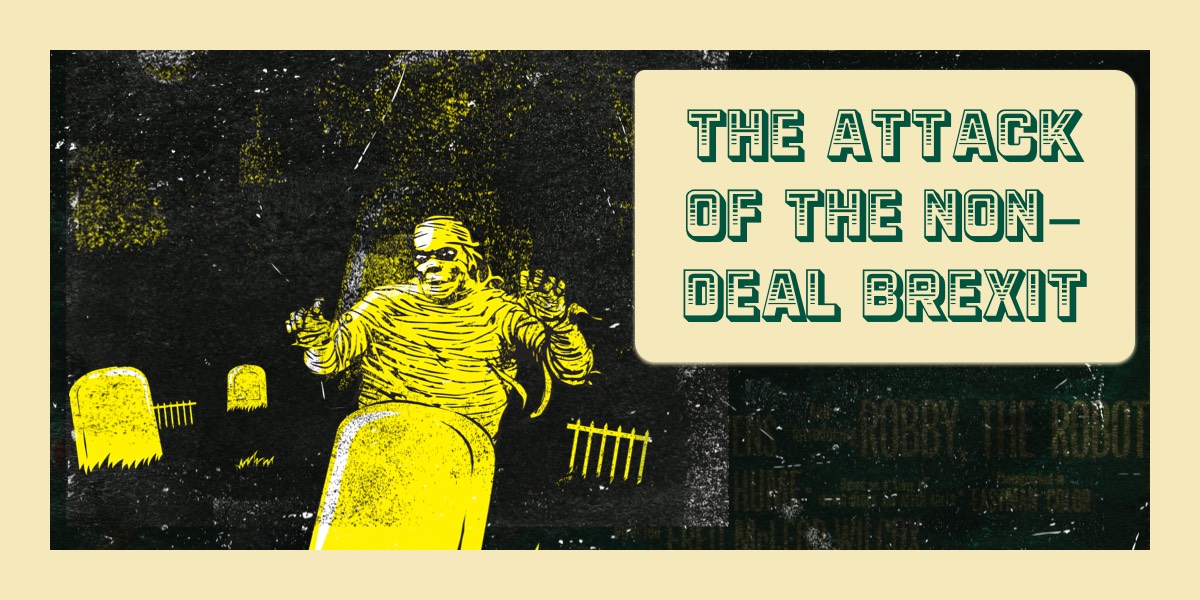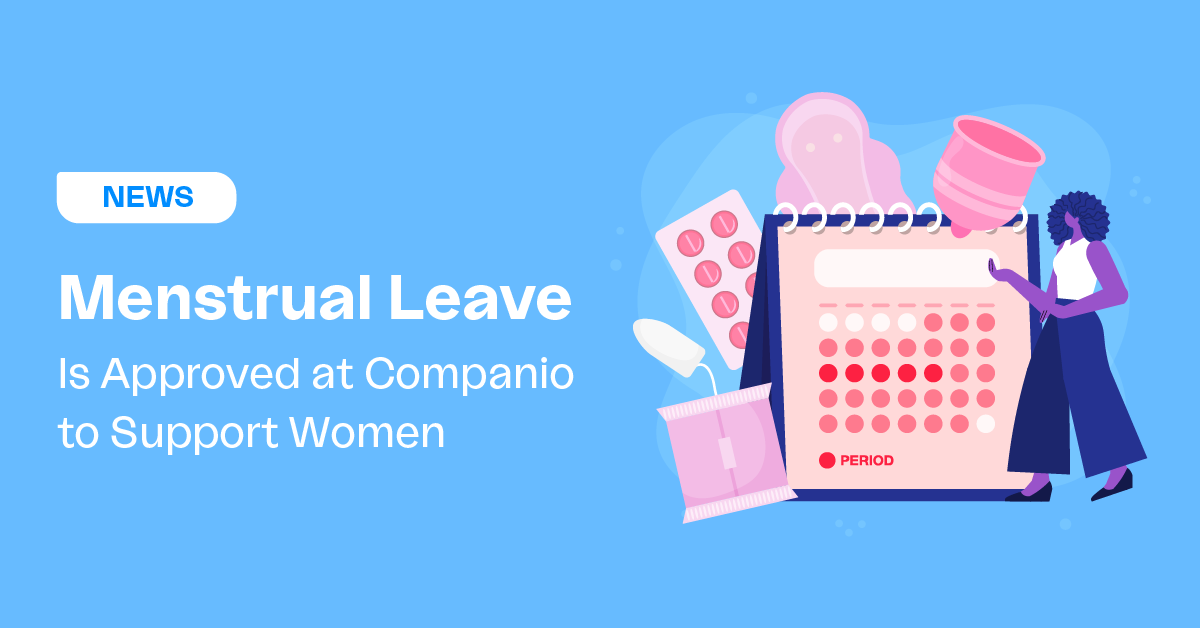Brexit is here. How does it affect your company in Estonia?

Brexit is here! Starting this Saturday 1st of February 2020, the UK will no longer be a European country. This has important consequences for your company if you deal with suppliers from the UK, or you have British customers. While there is still a lot of uncertainty about how the process is going to affect European businesses, in this post we share some useful information for you, the owner of an Estonian company.
Should I care?
The most problematic aspects of Brexit affect companies that deal with physical goods. As an Estonian company opened through the e-Residency program, this should not initially be a problem for you, as the activity of your business is supposed to happen in the digital world.
While FBA and dropshipping companies don’t deal with the goods directly, and it is Amazon or the dropshipping provider the one in charge of storing and delivering the goods, they will probably be affected. You will need to gather information about some important aspects such as product labeling, standards, customs, and others. As Brexit develops, different measures will need to be applied, so expect a period of uncertainty at least during 2020.
From 1 February 2020, the United Kingdom will no longer be a member of the EU. The transition period during which the UK and the EU will agree on future trade conditions will be from the 1st of February to the 31st of December 2020.
How does it affect me?
The free movement of goods between the EU and the UK will continue during the transition period and nothing will change in day-to-day life. The conditions of travel and the movement of goods and parcels between the EU and the UK, as well as customs formalities, will remain the same.
During this period, make sure to stay up to date about the latest developments, and how they affect you. We will try our best to communicate important changes and news that may potentially disrupt your business.
But far beyond goods, one important aspect that affects all businesses, including digital businesses, is VAT. From the 1st of February, the UK is no longer considered a European country, but a “third country”. It is outside of the VAT area.
That means that you should NOT apply VAT to your UK customers, not even reverse charge (0% VAT) for companies with a VAT number. UK VAT numbers (starting with GB) are no longer considered valid. Your company should not be charged VAT from a UK supplier or provider.
How to minimize problems after Brexit with your British customers and suppliers
To minimize potential risks, the tax office has shared a series of recommendations, so we urge you to do the following:
- review how trading with third countries is carried out (customs issues, mutual recognition, product labeling, standards, etc.)
- follow developments in EU law (a number of special measures are planned due to the UK’s exit from the EU)
- consult how the goods and services linked to the UK market are addressed in other EU international agreements
- we recommend starting sector-specific preparations by comparing the existing EU law with the EU-Canada Comprehensive Economic and Trade Agreement (CETA).
For more information on the transition period, see the web page of the Estonian Tax and Customs Board about Brexit.
You can also contact the Tax and Customs office if you have further questions: (+372) 880 0814 or tolliinfo@emta.ee.
Conclusion
Brexit is now a reality. In a couple of hours (from the publication of this article), the UK will no longer be a European country. In this article, we analyze the consequences of Brexit from a practical point of view for Estonian companies established through the e-Residency Program.
 Ignacio Nieto
Ignacio Nieto


